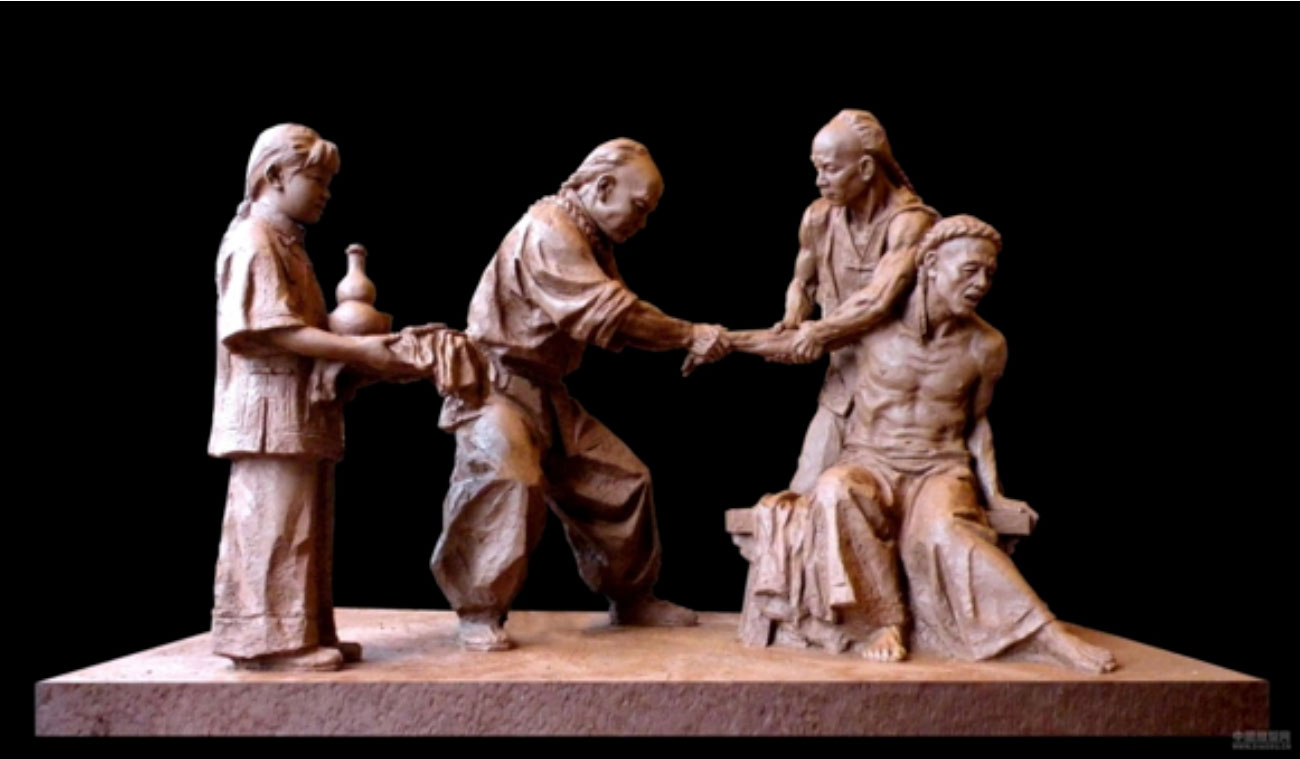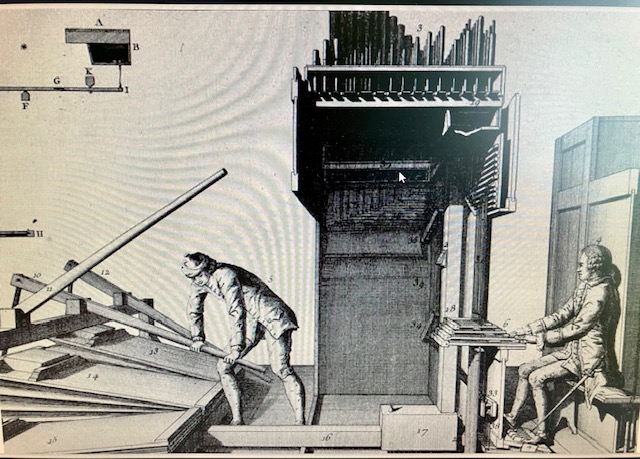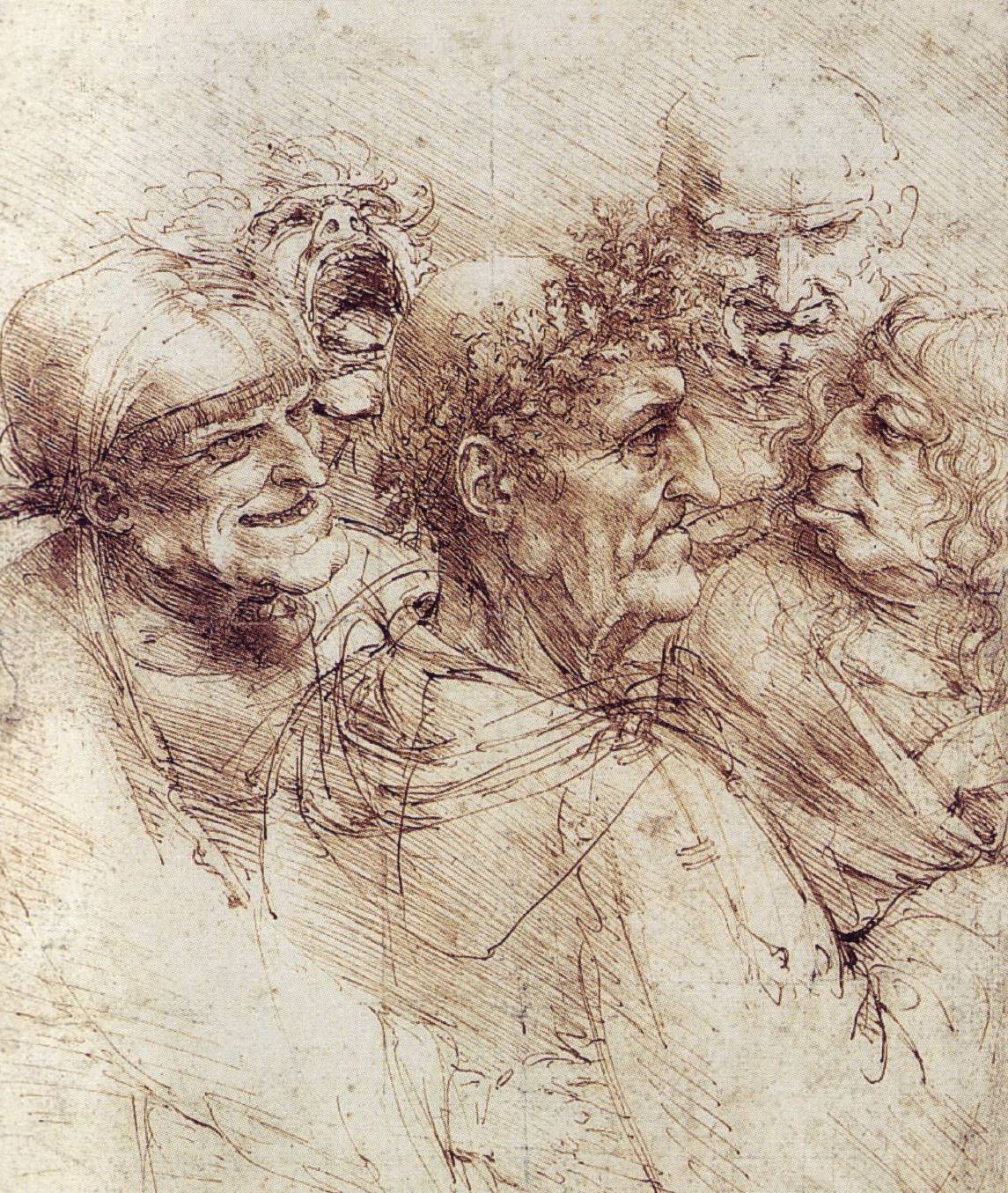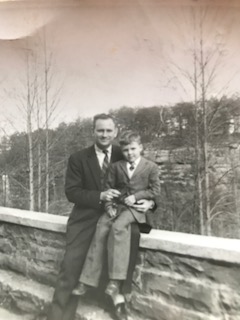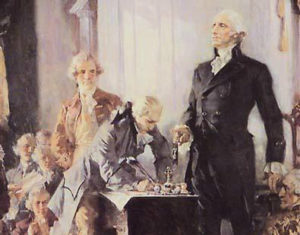Body of Broken Bones
I tried to be a good parent. It wasn’t easy trying to balance out the good parenting with the bad parenting. Like the time when Kristin and Lauren were eight and six and they asked if they could play on the tin roof of our large shed. What a great idea. Of course. Why didn’t I think of that? So I tossed them up onto the roof and went about my business. I have no idea what business I had to be about, but I went about it.
It wasn’t long before I heard a thud, followed by a gasp, followed by the cry of “Daddy!” I immediately stopped being about my business and rushed to the scene (a sign of good parenting for sure). Poor Kristin was lying on the ground with two broken wrists. Lauren was still up on the roof.
“Daddy, we were having a cartwheel contest and Kristin fell off,” Lauren cried. Now I could have paused for a bad parenting moment to point out numerous reasons why their choice of activities while on a twelve-foot high tin roof was a poor one, but being the good parent I was, I chose to shout for Kay.
We got Kristin to the ER and they applied the splints. Then we went to another hospital to meet up with the orthopedic surgeon. He came sauntering in (cowboy hat, western shirt, blue jeans with a belt buckle the size of a Red Delicious apple), took one look at the x-rays, then picked up one of Kristin’s pitiful wrists and began to knead it until he located the break and snapped it back into place. He did the same to the other wrist. Then took more x-rays to evaluate his work. One and done, so he instructed the nurses to “Cast her up.” Start to finish, he took, maybe thirty minutes.
Traditional bonesetters relied only on the touch of their hands to tell if a bone was fractured or broken. I realized that other than Kristin not having to bit down on a bullet to endure the pain or the doctor having to figure how to proceed without the benefit of the x-ray, this surgeon was doing what the ancient medicine people did…use their hands…touching to heal.
I love this quote from “Seeds of Contemplation” by Thomas Merton: “As long as we are on earth, the love that unites us will bring us suffering by our very contact with one another, because this love is a resetting of a body of broken bones.”
This spiritual image affords us the opportunity to look at one another and see the broken bones concealed inside our bodies. All manner of disguises will not conceal our true broken natures, so be gentle, be kind, be healing.

